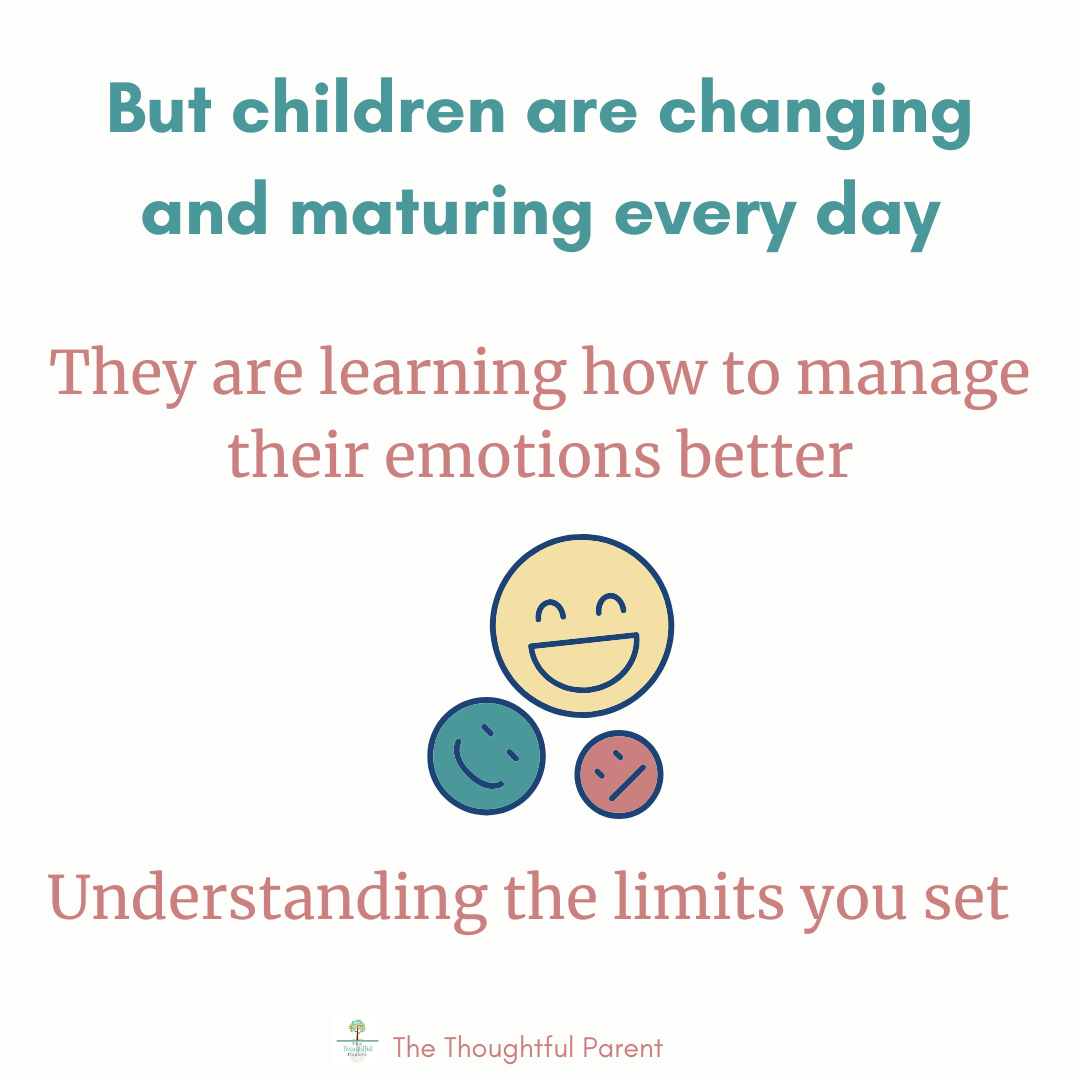What does it mean to be patient with a child? At one level, you may think of patience as trying to not lose your temper—like when your child spills milk all over the counter. That requires patience to bite your tongue and have a calm reaction.
That aspect of patience is important, but there's a whole other aspect of patience that I've started thinking about recently.
The patience it takes to wait for your child's development.
I've noticed this more in the last few years, as the speed of technology has made our lives so instant. Almost everything in our lives is focused on not having to wait. We can get food delivered almost instantly; we have packages delivered within a day, if not the same day.
In a lot of ways, I think we expect things to happen quickly because that's what we see in daily life. Some of this mentality has seeped into how we see children's development. We want them to develop skills quickly and be ahead of the curve. But that's not how child development works.
Children develop at the pace of nature, not technology.
This comes into play a lot when I hear questions from parents. When your child is young, you feel like you're constantly repeating the same lessons, the same instructions. I hear parents ask why their child is still doing the same behavior they seemingly should have moved past by now. With young children, often it takes them a while to learn a new skill or learn a new way of thinking about something. This is to be expected. Their brains are very immature in many ways; they’re making new connections all the time.

I remember thinking this too, when my sons were three or four, “Shouldn't they have learned this by now? We've been practicing this for years.” Skills like not having a tantrum when I say no to another cookie. But in the grand scheme of things, they haven't been practicing it that long. Now that I have older kids, I still see this. I repeat some of the same messages and lessons that we've been talking about since they were five or six. Ideas like how to get along with your sibling, to not continue the fight, but to just drop the argument. Or how to think through the consequences of your actions like not eating your chocolate chip cookie without a plate because chocolate could drop and the dog could eat it.
We still go over these same lessons all the time, and it can be frustrating. One way to help overcome this frustration has been to really pay attention to the small signs of growth. If you look back to how your child was a year ago, even six months ago, you'll see signs of growth and learning. They often happen so gradually, that it's easy to miss.
I've started trying to notice this with my own kids. Try noticing little things like your child remembered to do like taking their plate to the sink after eating or maybe you didn’t have to remind them to put their sports uniform in the wash after a game. Perhaps they were helpful to their sibling or friend without you asking them to do it.
All these things matter, but they move at the pace of child development, not at the pace of technology.
Development from the perspective of nature
I think it puts it in perspective if you compare child development to other aspects of growth that we see in nature. When you look at it this way, it starts to become apparent how odd it is that we try to rush our children's development. When it's the dead of winter, you wouldn't look at your tulip plant and say, “Why are you not blooming yet?” You wouldn't wonder why the trees aren't putting out leaves.
Much the same thing goes for our children's development—some things we can't rush.
Of course, that doesn't mean that we can't do things to support and guide our children's development. We can. You can allow your baby freedom of movement on the floor so they can build the muscles they’ll one day need to sit up or walk. We can model for our children the social-emotional skills we want them to learn. We can demonstrate how to regulate emotions and stay calm.
But these lessons, especially the emotional ones, take years to develop. We're in it for the long haul. I wrote up this series of slides for social media a while back, and I think they still ring true.
Try to appreciate your child where they are right now and not rush them to the next stage. It will happen. They'll learn the lessons we're teaching. They'll grow and develop, it just may not be at the pace that we want.
Childhood isn't a race to be won, it's a process of growth to be marveled at and appreciated.








